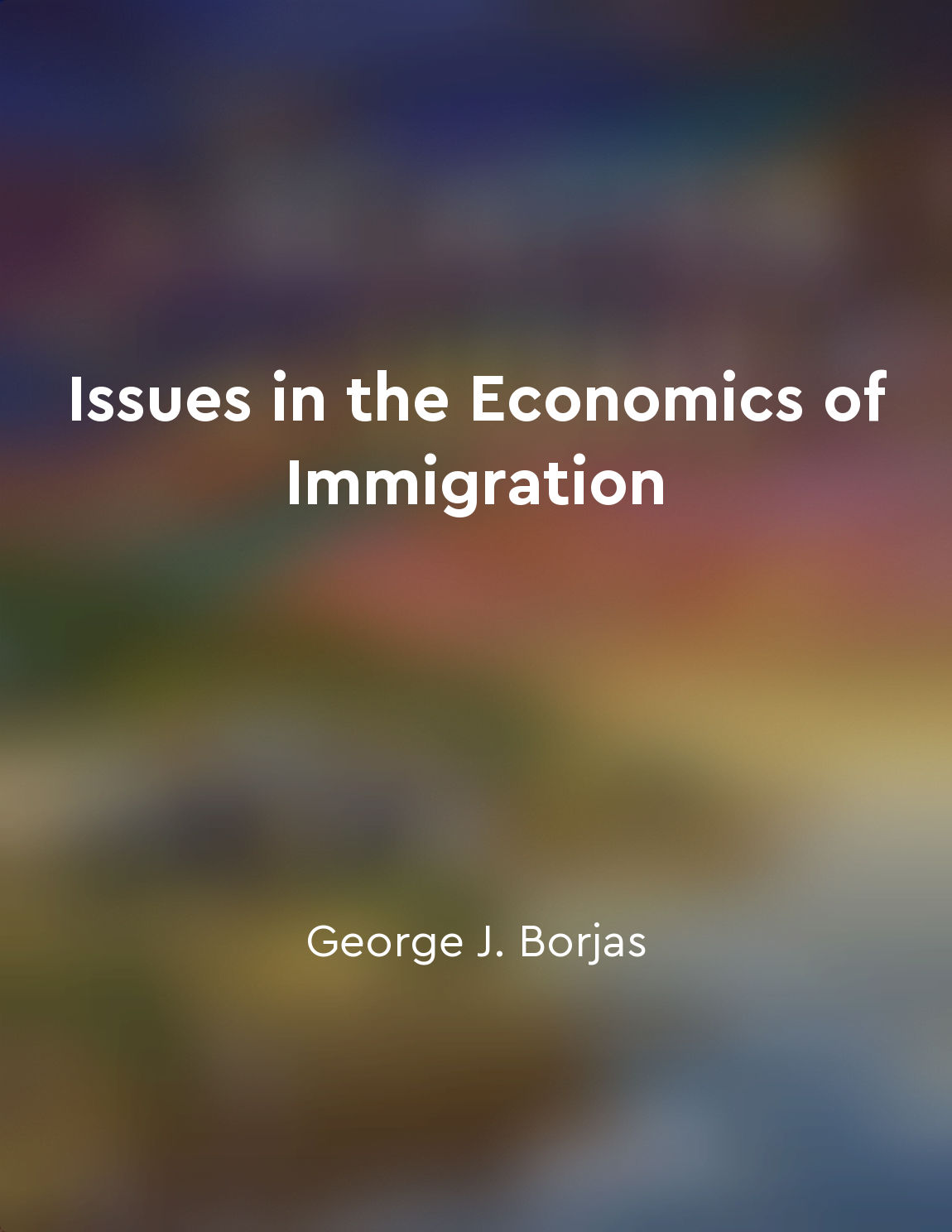The net fiscal impact of immigration is unclear from "summary" of Issues in the Economics of Immigration by George J. Borjas
One of the most contentious issues in the debate over immigration policy is the fiscal impact of immigration. Critics argue that immigrants impose a heavy burden on government budgets, consuming more in public services than they contribute in taxes. Proponents, on the other hand, contend that immigrants make important contributions to the economy, ultimately benefiting native-born workers and taxpayers. The truth, however, is that the net fiscal impact of immigration is far from clear. It is a complex issue that depends on a variety of factors, including the skill level of the immigrants, the age at which they arrive, and the specific characteristics of the receiving country's welfare state. Some studies have found that immigrants are indeed a net fiscal drain on the economy, particularly in countries with generous welfare systems. These studies argue that immigrants tend to have lower levels of education and skills than native-born workers, making them more likely to rely on government assistance programs. Other research, however, has shown that immigrants can have a positive fiscal impact, especially in countries with flexible labor markets and high levels of economic growth. Immigrants, particularly skilled ones, can help fill labor shortages, boost productivity, and spur innovation.- The net fiscal impact of immigration is a complex and multifaceted issue that defies easy generalizations. It is highly dependent on the specific circumstances of each country and the characteristics of the immigrant population. As such, policymakers should approach the issue with caution and take into account the nuances and complexities involved in determining the true fiscal impact of immigration.


